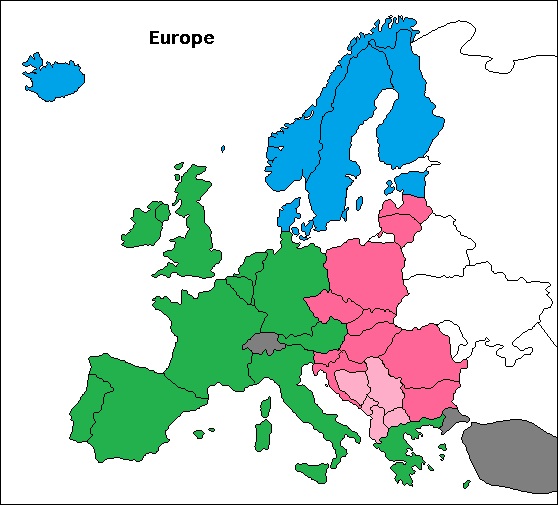King Helü of Wu
Banned
Was it possible for the European Economic Community to set a higher entry requirement, so that it eventually only include France, Germany, Austria, The Benelux, and the Scandinavian countries?
Would higher entry requirements make future financial and political integrations easier?
And what would happen to *EURO if it was still launched as IOTL.
Would higher entry requirements make future financial and political integrations easier?
And what would happen to *EURO if it was still launched as IOTL.
